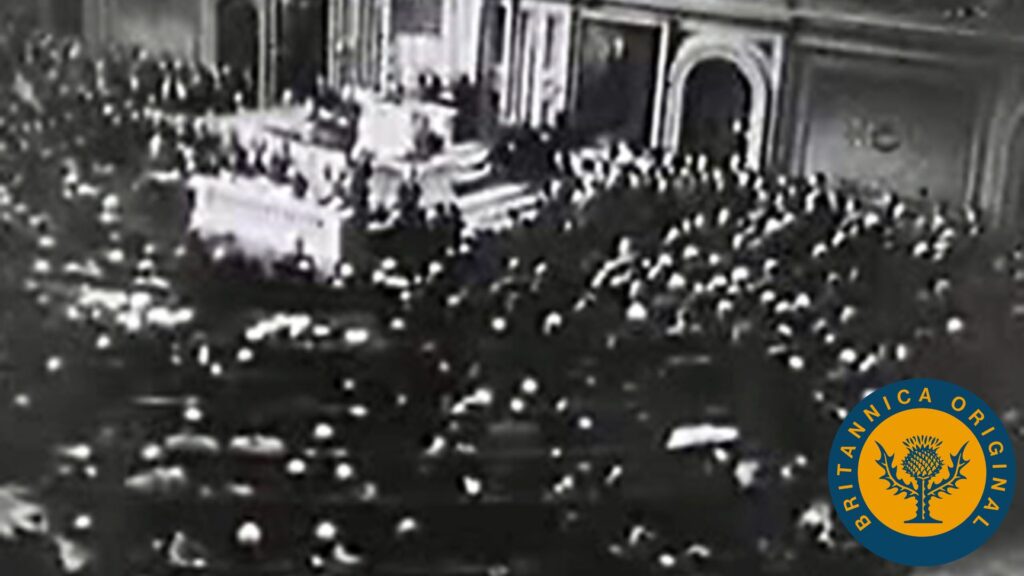In 1919, the Treaty of Versailles was signed to officially end World War I. This peace treaty imposed harsh terms on Germany, leading to economic and military weakness and contributing to social and political unrest. The Treaty failed to address underlying issues, ultimately setting the stage for World War II. The aftermath of the Treaty of Versailles serves as a cautionary tale, highlighting the importance of fair and just peace agreements in preventing future conflicts. Germany’s resentment towards the treaty fueled the rise of extremist movements, such as the Nazi Party. The far-reaching consequences of the treaty emphasize the need for addressing root causes of conflicts to achieve lasting peace.
The Treaty of Versailles: Examining the Aftermath of World War I
Introduction
The Treaty of Versailles, signed on June 28, 1919, was the peace treaty that officially ended World War I. The treaty was negotiated at the Palace of Versailles in France and imposed harsh terms on Germany, the main aggressor in the war. This article will examine the aftermath of the treaty and its impact on Germany and the world.
Terms of the Treaty
Some of the key provisions of the Treaty of Versailles included:
- Germany was forced to accept full responsibility for causing the war.
- Germany had to pay reparations to the Allies for the damage caused by the war.
- Germany lost territory and was prohibited from maintaining a large military force.
Impact on Germany
The Treaty of Versailles had a devastating impact on Germany. The country was left economically and militarily weakened, which contributed to social and political unrest. The harsh terms of the treaty also fueled resentment in Germany, leading to the rise of extremist political movements such as the Nazi Party.
Impact on the World
The Treaty of Versailles also had far-reaching consequences for the world. The treaty failed to address the underlying issues that had led to the war in the first place, and it did not provide a lasting peace. Instead, it created a sense of injustice and humiliation that laid the groundwork for future conflicts, including World War II.
Conclusion
In conclusion, the Treaty of Versailles had a significant impact on Germany and the world. While it officially ended World War I, the treaty’s harsh terms and failure to address underlying issues ultimately set the stage for future conflicts. The Treaty of Versailles serves as a cautionary tale of the importance of fair and just peace agreements in preventing future wars.
